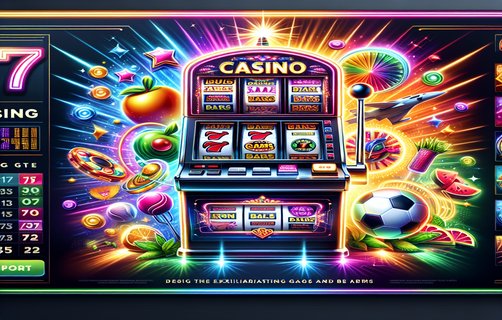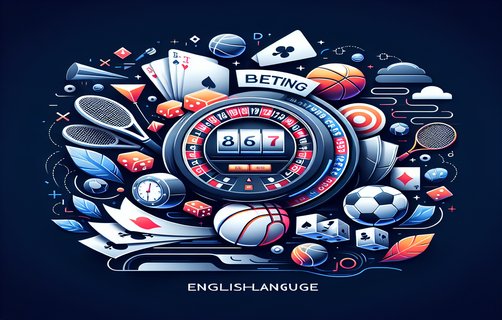The Evolving Landscape of Gaming: Analyzing Key Trends and Concepts
The gaming industry has grown by leaps and bounds over the years, evolving through various innovations and trends. Among these are aspects such as casino unionization, mobile jackpots, social casino games, real-time gaming, player anonymity, taxation laws, and short-handed play. Each of these elements unlocks new layers of interaction, opportunity, and regulation in the gaming world, reflecting a vibrant anthology of development and change.
Firstly, casino unionization has gained significance as workers in the gaming sector increasingly advocate for better wages and working conditions. The move towards unionization is reshaping labor relations in gaming establishments, empowering employees to demand rights and benefits traditionally absent in non-unionized environments. This has sparked a dialogue about labor practices, leading to reviews of workplace equity and fairness, thereby enhancing worker morale and productivity. As casino developers strive to create inclusive workplaces, these unions may play a pivotal role in driving the positive changes the industry desperately needs.
Moving on to mobile jackpots, the shift towards smartphone gaming has created dynamic new opportunities for players. The thrill of chasing jackpots has been adapted into app formats, allowing users to play and win anywhere and anytime. The rise of mobile casinos has also led to fierce competition among developers striving to create enticing gameplay, visually striking graphics, and seamless user experiences. With companies focusing on innovative features like augmented reality (AR) and virtual reality (VR), mobile jackpots have launched gaming into a new dimension, capturing the attention of both casual and serious players alike.

In tandem with this, social casino games have attracted millions of players who enjoy gaming without the pressure of wagering real money. These platforms offer inventive gaming experiences through social interactions, where users can compete with friends, share achievements, and participate in community events. This unique blend of sociability and competitive spirit has fostered a new generation of players who may be more inclined to explore real-money options as they transition within the gaming ecosystem. Thus, social casinos serve as a gateway, easing players into more serious betting without overwhelming them.

Furthermore, the evolution of real-time gaming technology has enhanced the gaming experience by offering instantaneous interactions and outcomes. Players now relish the adrenaline rush of playing in actual time, with live dealers and interactive tables that closely mimic land-based casinos. This shift has not only enriched player engagement but has also redefined customer service in gaming environments. Players are drawn more than ever to an immersive experience that seamlessly integrates technology into genuine human interaction, making gaming more social and rewarding.
When it comes to player anonymity, modern gaming platforms prioritize user privacy. Through the implementation of cryptocurrencies and blockchain technology, gaming sites offer players the ability to maintain their identities while enjoying their gaming experience. This not only attracts more users who value privacy but also adheres to evolving regulations surrounding personal data protection. As anonymity becomes increasingly sought after, operators are tasked with striking a balance between transparency and the provision of a secure environment.
Alongside these advances, taxation laws surrounding gaming also continue to evolve, creating a complex landscape for players and operators. Legislators are increasingly focusing on how to properly tax winnings and the revenues generated by gaming, leading to continual changes intended to bolster public funding. Understanding the implications of these taxation issues is crucial for both players wanting to maximize their profits and operators managing compliance strategies that align with these laws.
Lastly, the phenomenon of short-handed play has emerged prominently in casino settings, particularly in poker. Short-handed games—where fewer players participate—create a different dynamic of strategies and skills that both challenge and entice seasoned players. This not only increases the pace of the game but also enhances the potential for larger pots, leaving many eager to embrace this accelerated format.
In conclusion, the gaming industry is a rich tapestry of evolving concepts and innovative practices that continue to shape how individuals engage with this form of entertainment. As we progress further, understanding these elements will provide deeper insights into the current and future states of gaming culture.
